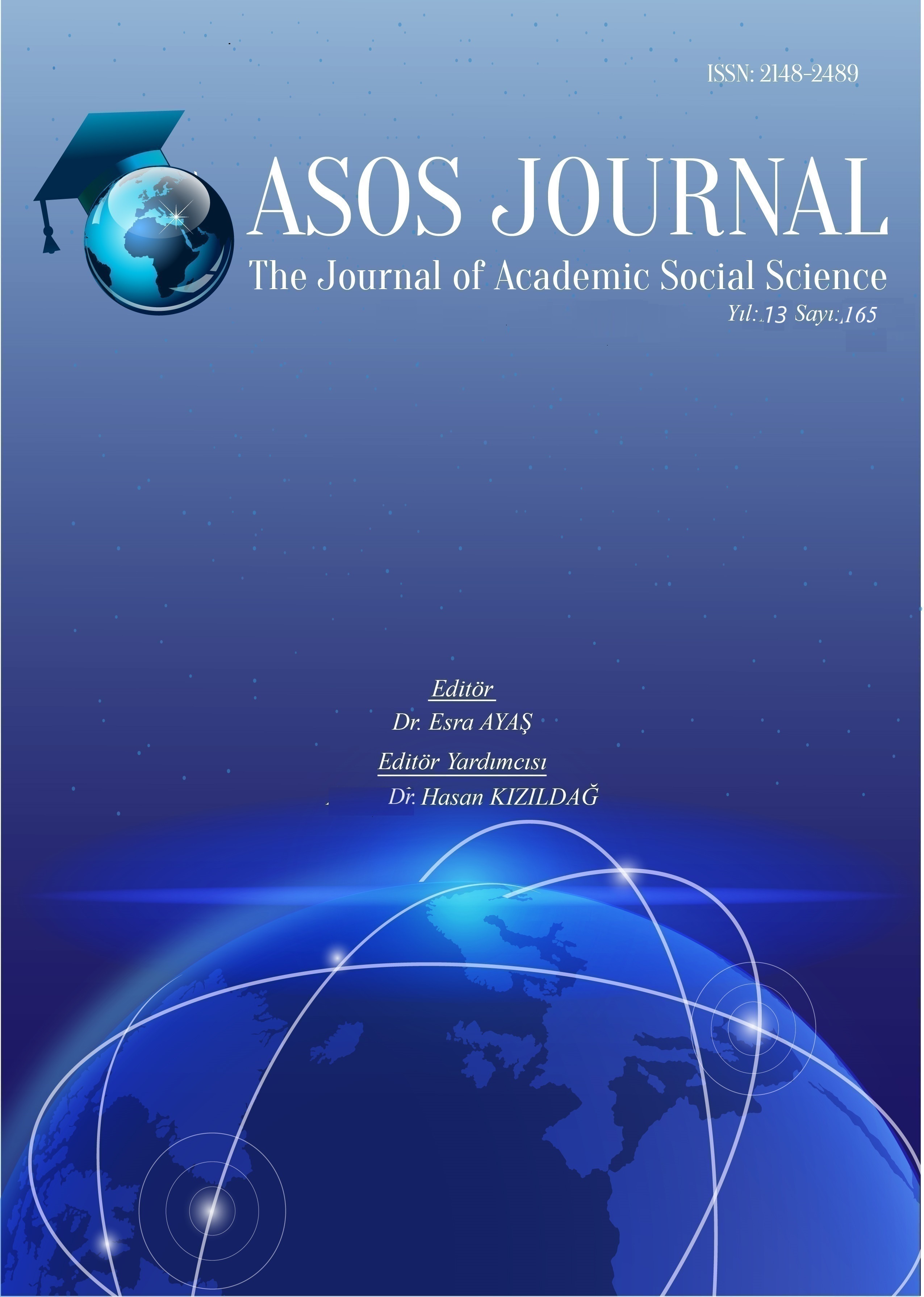Author :
Abstract
Genç yetişkinlik, kimlik gelişimi, kariyer planlaması ve sosyal ilişkilerde önemli kararların alındığı bir dönemdir. Bu süreçte mükemmeliyetçilik, bireylerin yüksek standartlar belirleyip hata yapmaktan kaçınmasına yol açabilir ve büyüme korkusunu artırabilir. Bu ilişkiyi anlamak, bireylerin potansiyellerini gerçekleştirmelerine destek olmak için önemlidir. Bu bağlamda araştırmanın amacı genç yetişkinlerin mükemmeliyetçilik ve büyüme korkusu düzeyleri arasındaki ilişkiyi incelemektir. Araştırmada nicel araştırma yöntemlerinden olan ilişkisel tarama modeli kullanılmıştır. Araştırma, uygun örnekleme yöntemi kullanılarak 222 genç yetişkinle yürütülmüştür. Veriler Google Forms aracılığı ile toplanmıştır. Araştırmada ölçme aracı olarak Büyük Üçlü Mükemmeliyetçilik Ölçeği ve Büyüme Korkusu Ölçeği uygulanmıştır. Ayrıca araştırmacılar tarafından hazırlanan Kişisel Bilgi Formu’nda; cinsiyete, çalışma durumuna, ilişki durumuna, eğitim düzeyine, yaşa ve algılanan ebeveyn tutumuna yönelik sorular sorulmuştur. Veriler, SPSS 22 programı kullanılarak analiz edilmiştir. Verilerin analizi için t testi, one way ANOVA ve Pearson korelasyon analizi kullanılmıştır. Genç yetişkinlerin mükemmeliyetçilik ve büyüme korkusu düzeylerinden alınan puanlar arasında pozitif yönde ve orta düzeyde ilişki olduğu saptanmıştır.
Keywords
Abstract
Young adulthood is a period of identity development, career planning and important decisions in social relationships. In this process, perfectionism may lead individuals to set high standards and avoid making mistakes and may increase the fear of growing up. Understanding this relationship is important to support individuals to realize their potential. In this context, the aim of this study is to examine the relationship between perfectionism and fear of growth levels of young adults. Relational survey model, which is one of the quantitative research methods, was used in the study. The study was conducted with 222 young adults using convenience sampling method. Data was collected through Google Forms. The Big Three Perfectionism Scale and Fear of Growth Scale were used as measurement tools in the study. In addition, questions regarding gender, employment status, relationship status, education level, age and perceived parental attitude were asked in the Personal Information Form prepared by the researchers. The data were analyzed using the SPSS 22 program. T-test, one way ANOVA and Pearson correlation analysis were used to analyze the data. It was found that there was a positive and moderate relationship between the scores obtained from perfectionism and fear of growth levels of young adults.





